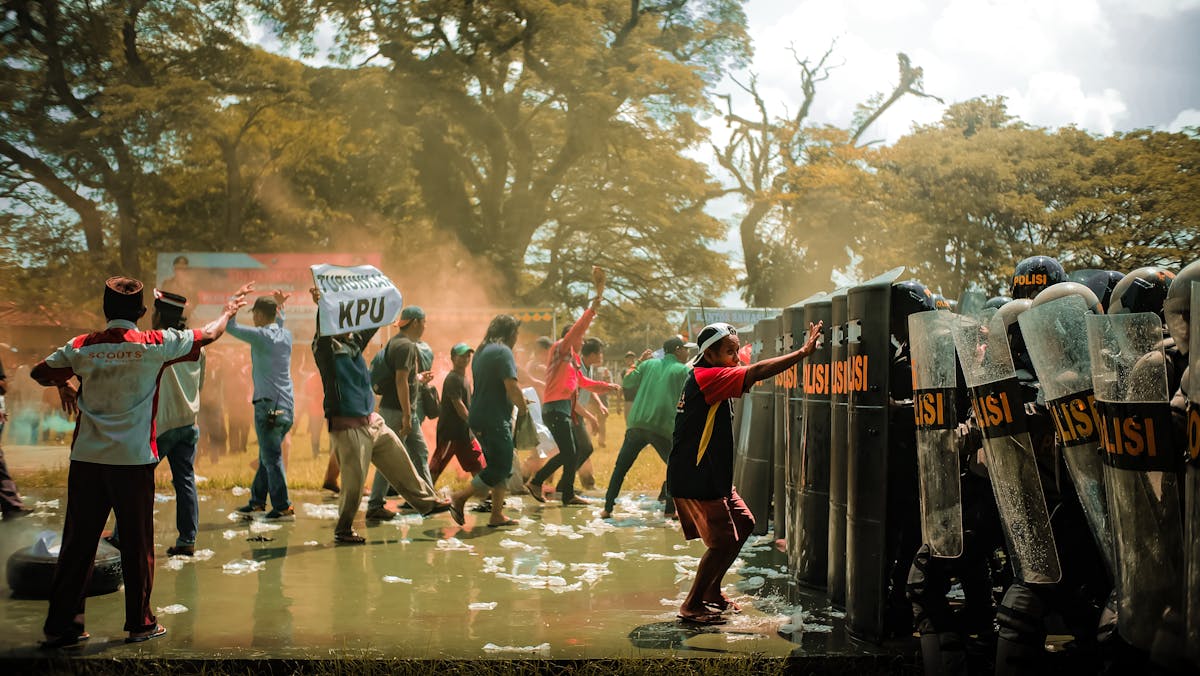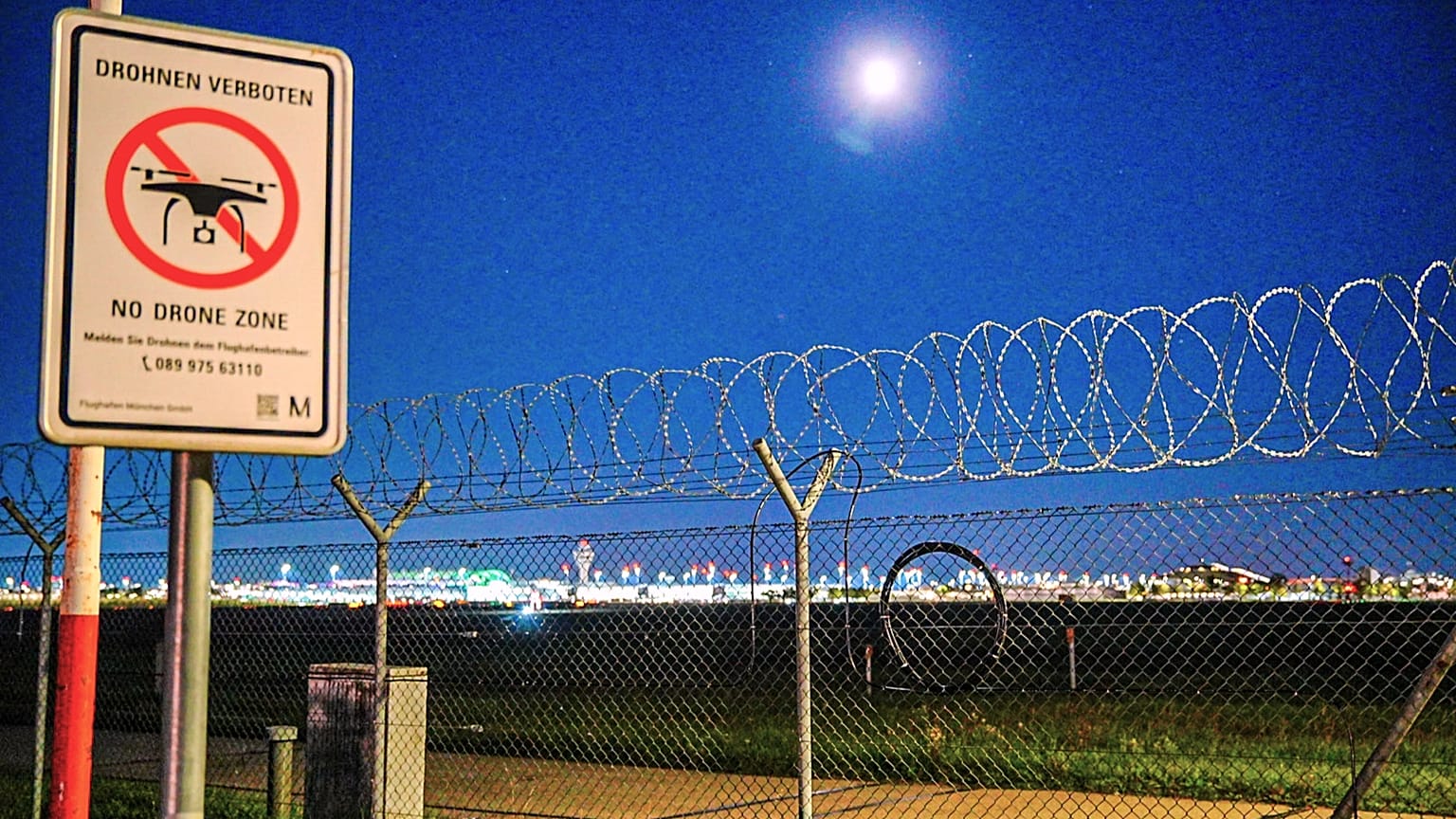The announcement of sending federal personnel to Portland has reignited national debates about immigration enforcement, public safety, and the role of federal authority in local jurisdictions.
The decision to deploy troops to Portland represents a new chapter in the ongoing tension between the federal government and certain local administrations. The move was framed as a necessary step to ensure the protection of Immigration and Customs Enforcement (ICE) facilities, which have increasingly been the focus of demonstrations and criticism. By emphasizing security and order, the administration seeks to justify a federal presence in a city where officials and many residents have openly opposed such interventions.
Federal objectives and the reasoning behind the decision
The declared aim of the deployment is to protect federal assets and staff from possible dangers. In past years, ICE locations have been focal points of intense protests, with activists highlighting immigration policies they consider unjust and damaging. Protesters contend that these establishments represent a larger enforcement system that divides families and subjects at-risk communities to continuous fear of detention.
For government representatives at the national level, the story changes. They claim that not safeguarding ICE facilities could encourage disruptive elements, weaken legal authority, and jeopardize vital government functions. Deploying federal forces demonstrates the administration’s readiness to establish control in places where it believes local officials cannot or choose not to uphold order.
This move reflects a broader trend in which federal power has been asserted more aggressively in disputes over immigration enforcement. It also highlights the persistent divide between Washington’s policies and the stance of many local governments, particularly in cities that have declared themselves sanctuaries for immigrants.
Community worries and local feedback
The deployment of federal forces has sparked strong reactions from local leaders, civil rights groups, and community members in Portland. City officials have expressed concerns that a military-style presence could escalate tensions rather than calm them. Many worry that the decision may lead to confrontations between residents and federal personnel, resulting in further unrest and eroding trust in institutions.
For locals, the action prompts inquiries concerning constitutional entitlements, the right to express oneself freely, and the equilibrium between protection and individual freedoms. Detractors claim that deploying soldiers close to protests might discourage legitimate demonstrations and label opposition as criminal. Additionally, they worry that the heightened militarization of national enforcement might exacerbate community divisions, fostering an atmosphere of fear instead of security.
Those in favor of the deployment, however, assert that safeguarding federal buildings is a legitimate duty of the government. They contend that without action, destruction of property and violent confrontations could persist without control, jeopardizing both safety and peace. This difference in viewpoints highlights the wider ideological division within the nation concerning the proper role of government in managing social unrest.
Wider effects on national political landscape
The decision to send troops to Portland cannot be viewed in isolation. It is part of a larger pattern of federal responses to protests, immigration debates, and political polarization in the United States. By positioning the protection of ICE facilities as a matter of national security, the administration frames the issue not only as a local concern but also as a symbol of its broader commitment to law and order.
This approach resonates with supporters who view strong enforcement as essential to maintaining sovereignty and stability. At the same time, it intensifies criticism from opponents who see such measures as authoritarian and dismissive of democratic values. The clash of narratives has become a defining feature of political discourse, shaping how Americans interpret both immigration policy and the use of federal power.
Looking ahead, the presence of federal troops in Portland could set a precedent for similar interventions in other cities. If successful in preventing disruptions, the strategy may encourage broader applications of federal authority in contexts where local governments resist cooperation with national policies. Conversely, if tensions escalate and unrest worsens, the move may reinforce arguments that such deployments undermine public trust and inflame divisions rather than resolve them.
Implications for the coming times
Ultimately, the decision to send troops to Portland reflects deeper questions about governance, democracy, and national identity. It forces Americans to confront the balance between protecting institutions and respecting individual rights, as well as the limits of federal intervention in local matters. For Portland, it means navigating a period of heightened scrutiny, where the city becomes both a symbol and a battleground in a larger political struggle.
For the government, the rollout provides a chance to demonstrate its commitment to safeguarding safety and order, despite the potential backlash over exceeding limits. For locals, activists, and community leaders, it signifies a test of preserving communal principles while dealing with the impact of national authority.
The debate highlights the interconnection between immigration control, community safety, and political identity, which influence not only regional disputes but also the overall direction of the United States. It is unclear if deploying troops will bring about stability or escalate tensions, yet its effects will be felt well beyond Portland in the ongoing discussion regarding the government’s part in molding the country’s future.






